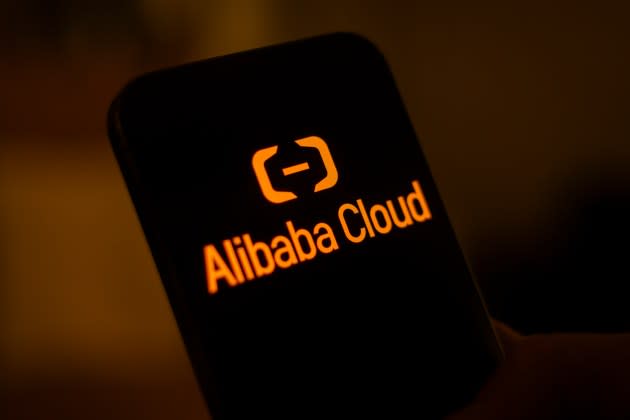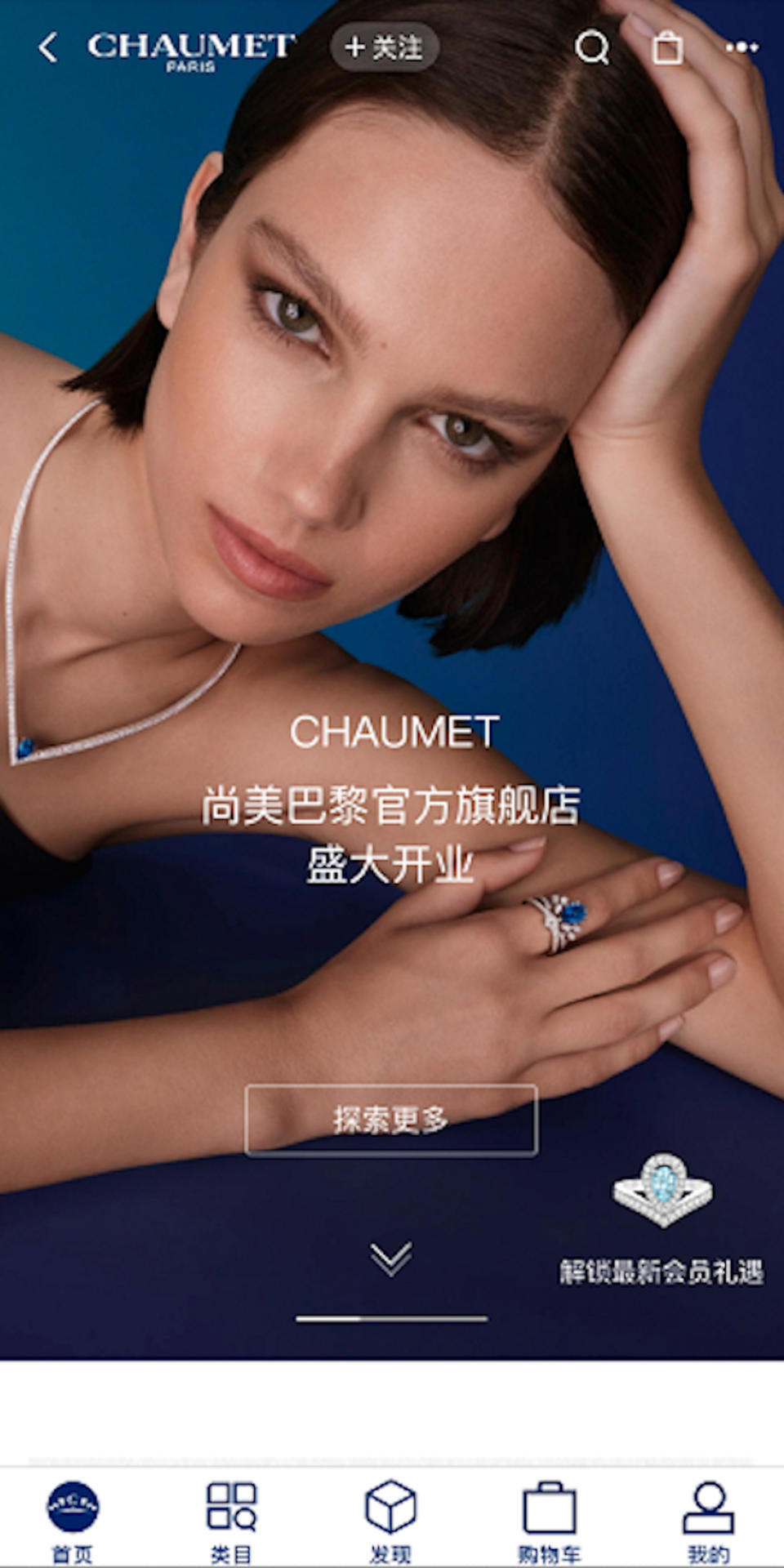LVMH Expands Partnership With Alibaba Group to Deploy AI in China

PARIS — LVMH Moët Hennessy Louis Vuitton and Alibaba Group are extending their strategic partnership for five years in order to deliver cutting-edge retail experiences in China and keep pace with the country’s evolving data laws, WWD has learned exclusively.
The French luxury group will leverage the Chinese retail giant’s cloud service provider and artificial intelligence technologies as part of the partnership announced on Wednesday on the opening day of the annual Viva Tech conference in Paris.
More from WWD
PubMatic and Klarna Partner for Programmatic Advertising, Increasing Engagement Rates
Acne Studios Upgrades Beijing's Taikoo Li Sanlitun Store to Landmark Flagship
“The deepened partnership is a strong commitment to the shared dedication of the two companies to pioneering retail innovation and delivering exceptional, tech-driven luxury experiences, that will enable LVMH to increase its omnichannel, data and tech presence in China,” they said in a joint statement.
LVMH and Alibaba inked an initial agreement in 2019 that provided the owner of brands including Louis Vuitton, Dior and Bulgari with access to Alibaba’s cloud infrastructure.
Taking that cooperation to the next level, the conglomerate has started to integrate Alibaba Cloud’s generative AI capabilities, including Qwen, the latest version of its proprietary large language model (LLM) Tongyi Qianwen.
In addition, LVMH is working with Model Studio, Alibaba Cloud’s recently launched machine learning platform, which allows the luxury group to deploy AI-powered solutions in China.
The agreement covers more than 30 brands and divisions within mainland China and Southeast Asia, including beauty retailer Sephora’s Asia-Pacific division and travel retail arm DFS, and will give LVMH access to a broader suite of tools.
Jewelers Tiffany & Co. and Chaumet are the latest to have partnered with Alibaba’s Tmall Luxury Pavilion to offer experiences such as 3D product displays, virtual try-ons and livestreaming.

Franck Le Moal, group IT and technology director at LVMH, said it was crucial for LVMH to access capabilities tailored to its needs in China.
“We have a specific business ecosystem in China, of course including Alibaba Tmall, but also the rest of the partners such as WeChat and Red,” he said.
“The fact that some of our brands are going to Tmall Luxury Pavilion, and especially Bulgari, Chaumet and Tiffany, this is really to make sure that we will be able to develop sophisticated customer experiences in China,” he added. “We believe that this close partnership with Tmall can bring us those key features in terms of differentiation.”
It’s the latest in a series of partnerships between LVMH and tech providers, which outside of China include Google Cloud and Dataiku. Le Moal said LVMH was keen to join forces with a similarly state-of-the-art partner in China in order to secure its customer data.
“Ali provides every tool to make sure that we will be able, including in China, to anonymize our data when needed, and make sure that if we want to share our data, it will be only our responsibility,” he said. “We have our own Ali infrastructure in China. It was absolutely mandatory.”
Alibaba officials argued it was best equipped to handle LVMH’s needs.
“Building local infrastructure itself is hard both technically and in terms of expense,” said Jian Wang, member of the Chinese Academy of Engineering and founder of Alibaba Cloud.
Then there is the challenge of meeting data regulations in different countries. “In the past two years, we have [gained] a lot of experience, and we are doing very good in this area,” he said.
China’s framework is rapidly evolving, with the introduction of the data privacy law known as the China Personal Information Protection Law, or PIPL, and the implementation of laws regulating cross-border data flows, known as CBDT regulations.
“We are dealing more and more with very quick changes in terms of regulations in China but also outside of China, and relying on state-of-the-art partners is also a key point for us to make sure that we will be compliant and we’ll stay compliant very quickly, whatever the change of the regulations,” said Le Moal.
Selina Yuan, vice president of Alibaba Group and president of international business at Alibaba Cloud Intelligence, noted that the company is the largest cloud provider in China and possesses the greatest number of local data centers in Asia.
She added that Alibaba’s cloud computing arm has opened its AI models to third-party developers.
Yuan listed some of the applications for gen AI in customer relationship management, such as training chatbots, tailoring visual marketing materials to a client’s tastes or geographical location, or summarizing documents.
Moving forward, LVMH will get access to a broader array of Alibaba Cloud’s technologies and products to develop more use cases, in particular in the areas of customer interactions, supply allocation and stock efficiency, as well as day-to-day employee efficiency, Le Moal said.
Best of WWD

 Yahoo Finance
Yahoo Finance 